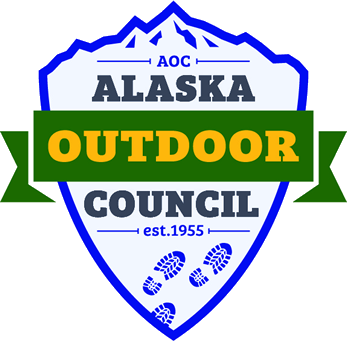The 33rd Legislature of the State of Alaska is considering a resolution HJR22 to
put the question before voters to amend Article 8 ~Natural Resources of the
Constitution of the State of Alaska to add a new section on Subsistence Use of fish
and game.
The stated purpose of the resolution, HJR22, is to put an end to Dual (state and
federal) Management of fish and game statewide. Currently the state has a
subsistence use law in statute, AS16.05.258. The state subsistence law gives a
priority to hunt and fish on lands/waters outside of state Nonsubsistence Areas
based on a resident’s “way-of-life”. The Alaska Board of Game (BOG) has used
the state subsistence use statute repeatedly for decades to give a hunting and
fishing priority to Alaskans during times of shortage of harvestable surplus.
The Fed’s have their own subsistence use law, Title VIII -Subsistence Management
and Use Findings of the Alaska National Interest Lands Conservation Act
(ANILCA) that currently applies only on federally owned lands/waters in Alaska.
The federal subsistence use law gives a priority to Alaskan residents to hunt and
fish based on where they live, “rural address”.
The bill sponsor, Representative Thomas Baker, hopes the amendment to Alaska’s
State Constitution, once passed by Alaskan voters, will convince the federal land
managers to let the state manage and allocate harvest for subsistence use on federal
lands/waters. Should voters approve the bill and the U.S. Secretaries of the
Interior and Agriculture agree to end their implementation of Title VIII of
ANILCA it would put and end to the Dual (state and federal) Management regime
that has been going on in Alaska for 30 years.
The question for Alaskans is which subsistence use law will the state be
implementing after the Secretaries agree? The state subsistence law AS 16.05.258
or Title VIII of ANILCA, now being administered by the FSB?
Based on numerous federal court decisions, the likelihood of the Feds pulling out
and letting the state allocate fish and game for subsistence use under the state
subsistence laws on federal lands/waters is pretty slim at best. The federal
subsistence law, Title VIII of ANILCA, has been challenged many times in federal
court and has been upheld. Starting back in 1989 when the residents of Lime
Village sued the Alaska Board of Game in federal court over BOG actions not
providing a “reasonable opportunity” to hunt moose and caribou, the Fed’s won.
Title VIII of ANILCA has given the U.S. Secretaries of the Interior and
Agriculture the authority to appoint Federal Subsistence Board (FSB) members to
determine if a “meaningful preference” (Ninilchik Traditional Council v. U.S., 9th
Circuit 2000) has been given to rural subsistence users on most (222 million acres)
of federal lands/waters in Alaska.
Challenges filed on how the FSB interprets and implements Title VIII of ANILCA
in the U.S. District Court of Alaska as well as the 9th Circuit Court of Appeals
have failed repeatedly. The FSB can, and does, eliminate all hunting except for
rural Alaska residents on federal lands. The members of the FSB determine what
information is adequate to determine what a “reasonable opportunity” to hunt
would consist of. There is no policy or regulation in federal law that sets
measurable standards for what is a “meaningful preference” for rural Alaska
residents to be able to hunt and fish on federal public lands and waters, it’s all up to
FSB members.
The Alaska Outdoor Council believes it would be in Alaska’s best, long term
interest to put an end to dual management of fish and game. Having two authorities
(state and Feds) allocating harvest of two main food sources for folks that gather a
wildfood harvest that migrate, salmon and caribou, would be a constant struggle.
Alaska’s land ownership is discontinuous at best.
Also 40 years of federal lands management planning has shown Alaskans who
gather a wildfood harvest that management for anything other than low levels of
harvestable surplus of game is not in federal land managers policy or regulations.
Alaska Representative Thomas Baker’s efforts started with his bill ,HJR22, are
sorely needed. Conflict between the state and federal subsistence use laws has been
divisive among Alaskans long enough.
